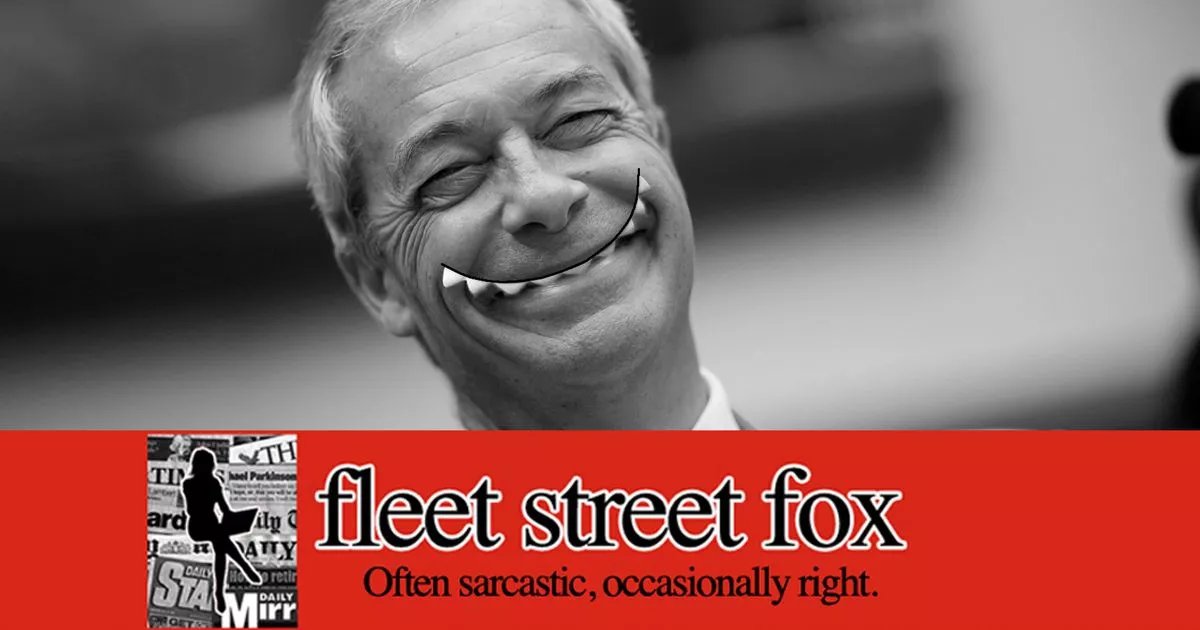In a whimsical scenario, picture a small yet oddly charming entity seemingly dedicated to acquiring your funds. This creature, with its bug-eyed appeal, has garnered a devoted following of somewhat erratic, fixated individuals. The more elusive it is, the more desirable it becomes to its enthusiasts.
However, beneath its folksy facade lies an unsettling aura. There are hints of malevolence, almost demonic in nature. It resembles a blend of Chucky and a Care Bear, instilling discomfort in those with a sensitive disposition.
This description aptly fits both Reform UK leader Nigel Farage and the peculiar K-Pop key ring toy, Labubu. They are accompanied by a cohort of supporters akin to Monsters. If adorned with sequins, one could liken them to Andrea Jenkyns, prompting comparisons to Santa Claus creating clones.
While Labour struggles in the political landscape, Reform is engaging in alliances for electoral support. Collaborating with Tories, former MPs, ex-Brexit MEPs, grassroots party members, and disenchanted Labour voters, Reform is making waves on platforms like GB News. Their interactions extend to the realm of cryptocurrency enthusiasts and the unveiling of frequent scandals.
In the absence of a robust Opposition, a party with a mere 5 MPs – potentially dwindling to 4 – is positioning itself as the next governing force. Unlike a passing trend, their leader demonstrates steadfast resolve in challenging circumstances.
Government functions as a continual crisis, with politics historically marked by upheaval amid events like Brexit, Trump’s tenure, conflicts, and pandemics. Populist figures exploit current trends to advance their agendas, amplifying divisions and capitalizing on societal unrest.
These crisis opportunists thrive on attention, inciting discord through commentary, videos, and memes. Their rise to power often heralds perpetual turmoil, as evidenced by leaders like Bolsonaro, Trump, and Erdogan, who exacerbate crises rather than resolve them.
Nigel Farage shares a business model with Labubu: a pyramid scheme devoid of substantive ideas, sustained solely by increasing allure. His political influence, characterized by damaging populism over a decade, relies on fanatical support and opportunistic profiteers peddling his image.
Similar to Labubu’s lack of a distinct identity, Farage lacks a genuine constituency, relying on others to facilitate his affairs. His priorities seem skewed, emphasizing parliamentary speeches over local engagement, undermining democratic principles in favor of outsourcing responsibilities to authoritarian regimes.
While Nigel may attract fervent followers seeking societal validation, to others, he exudes an air of unpredictability. In contrast, figures like Keir Starmer, though less captivating, embody stability and a commitment to values over theatrics.
In essence, entrusting Nigel Farage with leadership parallels placing a Labubu in charge of delicate tasks – a risk not worth taking. The warnings have been sounded; heed them.
